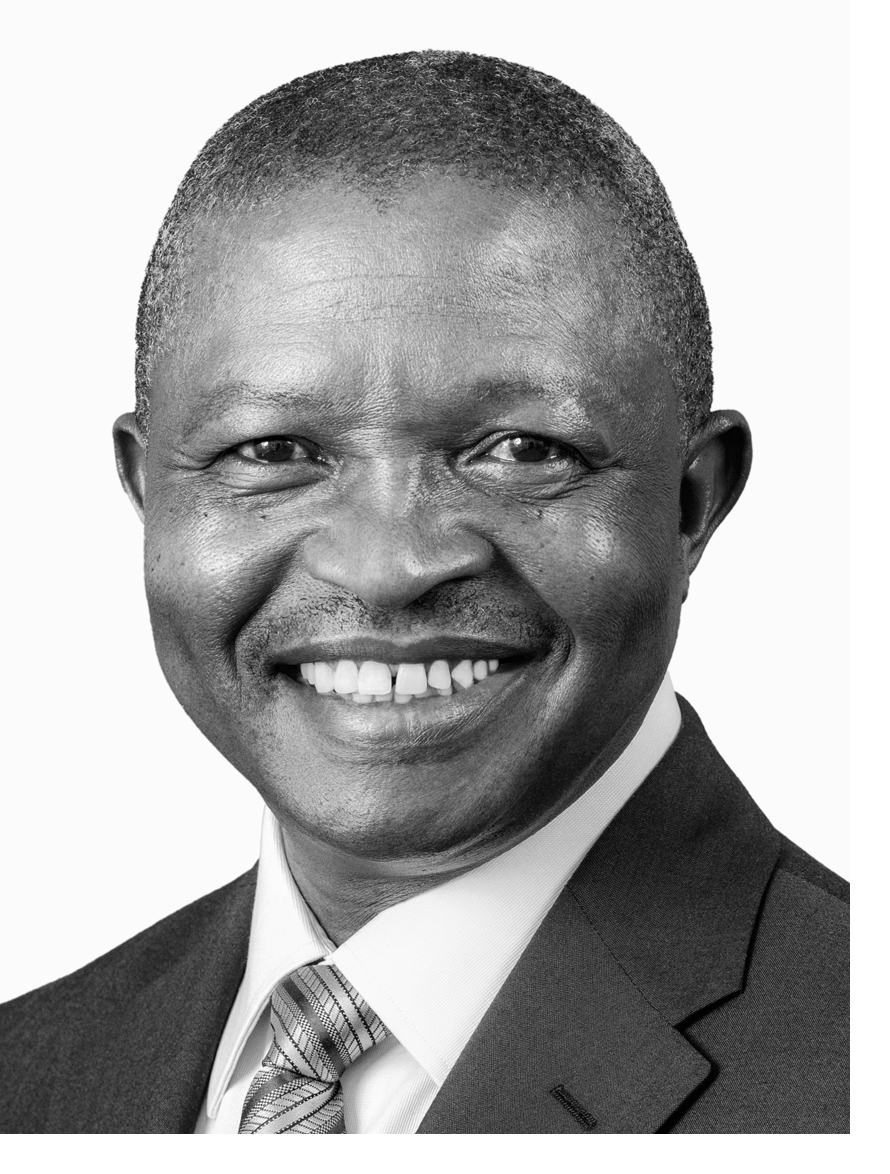Deputy President Mabuza convened the Eskom Political Task Team meeting

Deputy President David Mabuza, on Friday, 6 November 2020 convened and chaired a meeting of the Eskom Political Task Team.
The meeting received a progress report on the payment of municipal debts to Eskom, debts owed by organs of state to municipalities, and also considered proposals on resolving current Eskom debt. In this regard, the meeting noted with concern the high level of Eskom’s debt and restated its position that the current debt is unsustainable and must be reduced.
The meeting reiterated its position that the “culture’’ of non-payment by consumers to municipalities negatively affects the ability of municipalities to service their creditors, especially Eskom. The meeting was of the view that all avenues should be explored in addressing existing debt, including dealing with the underlying causes for example inefficiencies, cost overruns, misappropriation of funds, cash losses due to unpaid debt by municipalities and other entities; as well as tariff determinations from the regulator to allow the utility to recover relevant costs.
The meeting took a decision that the culture of non-payment of services should be discouraged and be decisively dealt with. The Political Task Team also deliberated on various ways in which national and provincial government would join the campaign to ensure that services to municipalities are paid for, with state organs taking the lead and not defaulting on payments.
“The sustainability of Eskom is in the best interest of the country! If we do not make a change and ensure that services are paid for, we will not have a country left, it is for this reason that we are calling on all of us to join the campaign to encourage citizens to pay for the services they receive so that municipalities are able to collect revenue, meet their debt obligations to Eskom, and provide quality services to the communities,” said Deputy President David Mabuza.
The meeting discussed a plan to meet the country’s electricity demand and reduce load shedding. The meeting was encouraged by the progress made at Medupi, which has achieved five consecutive months of improved performance, as well as availability and reliability of the synchronised units at Medupi and Kusile that were steadily improving and contributing to the grid. In this regard, the meeting was satisfied that these measures had contributed to significant reduction in load shedding in the past few months, but remained concerned that plant breakdowns may take place and cause load-shedding as they remain unpredictable.
On the procurement of additional energy, the meeting was apprised of progress and encouraged all stakeholders to reach finality as secure energy supply would be critical for the successful implementation of the economic recovery and reconstruction plan.
Regarding the reduction of emissions by Eskom, the meeting noted that the integrated emission reduction plan has been completed and approved by the Department of Environmental Affairs, Forestry and Fisheries. Furthermore, the meeting was updated on the Just Energy Transition, which refers to a transition towards a low carbon, climate resilient economy and society in a manner that does not impede socio-economic development.
The meeting agreed that the Just Energy Transition should be implemented in a phased manner over a period time with the objective of transitioning Eskom to a net zero carbon emissions by the year 2050. In this regard, the Political Task Team directed that a concurrent plan within the District Development Model framework, must be considered during the implementation of the Just Energy Transition in order to ensure the sustainability of surrounding communities where power stations are located.
Media enquiries: Matshepo Seedat, 082 679 9473 or Matshepo@presidency.gov.za
Issued by: The Presidency
Pretoria




